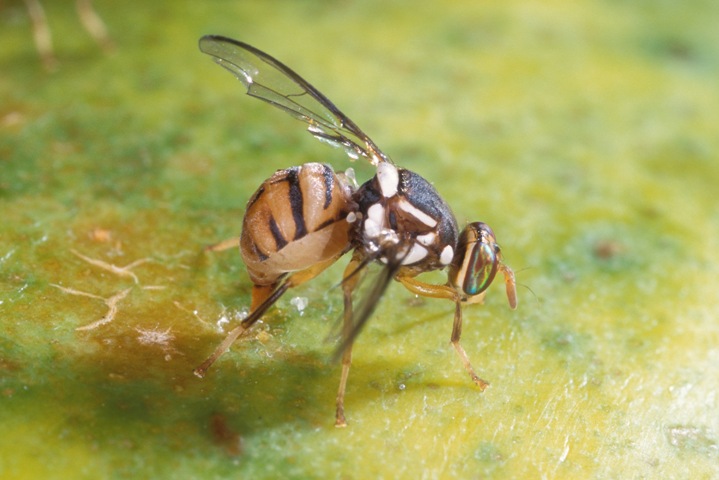The Dominican Republic has successfully eradicated a 2024 outbreak of the Mediterranean fruit fly (medfly), a highly destructive pest that poses significant threats to global agricultural production. This achievement marks the second time the country has utilized the Sterile Insect Technique (SIT) to eliminate invasive species, highlighting its leadership in environmentally friendly pest management.
In December 2023, the Dominican Ministry of Agriculture identified the presence of the medfly near Punta Cana, activating an emergency response protocol. Thanks to advanced surveillance systems and lessons learned from a similar outbreak in 2015, the affected area was confined to less than 50 km², a vast improvement compared to the over 2,000 km² affected in 2015.
A Technical Advisory Committee (TAC), comprising experts from the IAEA, FAO, and OIRSA, provided tailored guidance and technical recommendations for eradication. The National Plant Protection Organization (NPPO) implemented a multi-faceted contingency plan, including:
Weekly releases of 3 million sterile flies for 26 weeks.
Field surveillance with yellow panel traps and insecticide-bait sprays.
Continuous technical support and collaboration with international experts.
By 27 September 2024, the pest was officially eradicated, avoiding quarantine restrictions from importing countries and ensuring uninterrupted agricultural trade.
The Power of International Cooperation
The eradication effort showcased the strength of global partnerships. The Moscamed Program in Guatemala and Mexico supplied weekly sterile flies, while financial backing came from the FAO, OIRSA, and other stakeholders. FAO Representative Rodrigo Castañeda emphasized the significance of this triangular cooperation, stating, “This achievement demonstrates the power of international collaboration to tackle agricultural threats and protect livelihoods.”
The 2015 medfly outbreak served as a critical learning experience. That incident caused quarantine restrictions from the United States, leading to $40 million in losses and jeopardizing 30,000 jobs. Over 4.06 billion sterile flies were released during the two-year eradication effort.
Agriculture: A Pillar of the Dominican Economy
Agriculture contributes $2.9 billion annually to the Dominican economy, with key exports such as avocados and bananas reaching markets like the United States (54.3% of exports). The sector supports thousands of families, fulfills 80% of domestic food demand, and is crucial to the nation’s food security.
With 11 million residents and 10 million annual tourists, protecting agriculture is vital to maintaining economic stability and meeting food demand.
A Model for Global Agricultural Resilience
The 2024 eradication underscores the importance of early detection, capacity-building, and advanced nuclear techniques like SIT. The approach, which involves releasing sterile male insects to interrupt reproduction cycles, is a cornerstone of integrated pest management.
IAEA Deputy Director General Najat Mokhtar lauded the Dominican Republic’s efforts: “This success is a testament to the transformative power of nuclear technology and the dedication of local teams. Such partnerships are crucial for safeguarding food security and enhancing agricultural resilience worldwide.”
Looking Ahead
The Dominican Republic continues to prioritize surveillance and phytosanitary measures to prevent future incursions. The 2024 effort stands as a model for rapid, collaborative responses to agricultural threats, reinforcing the nation’s commitment to protecting its farming sector and contributing to global food security.











